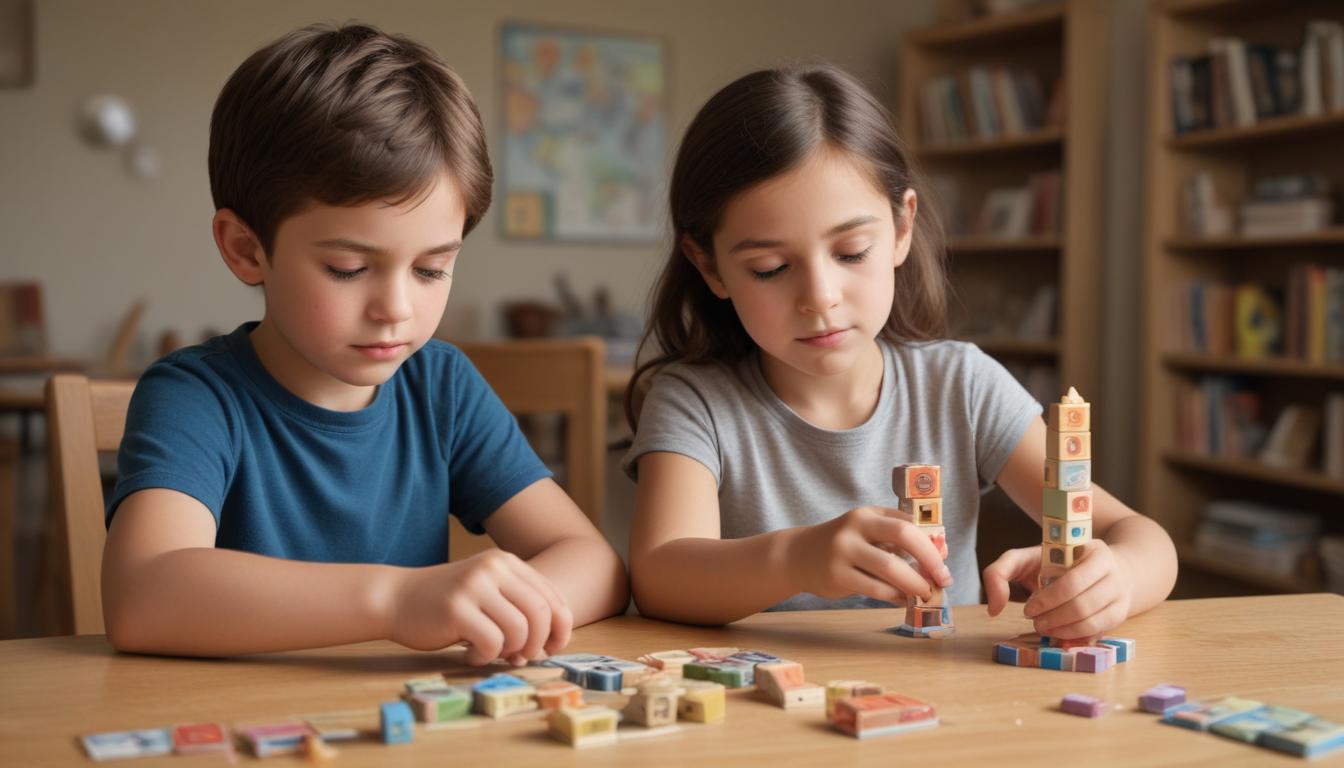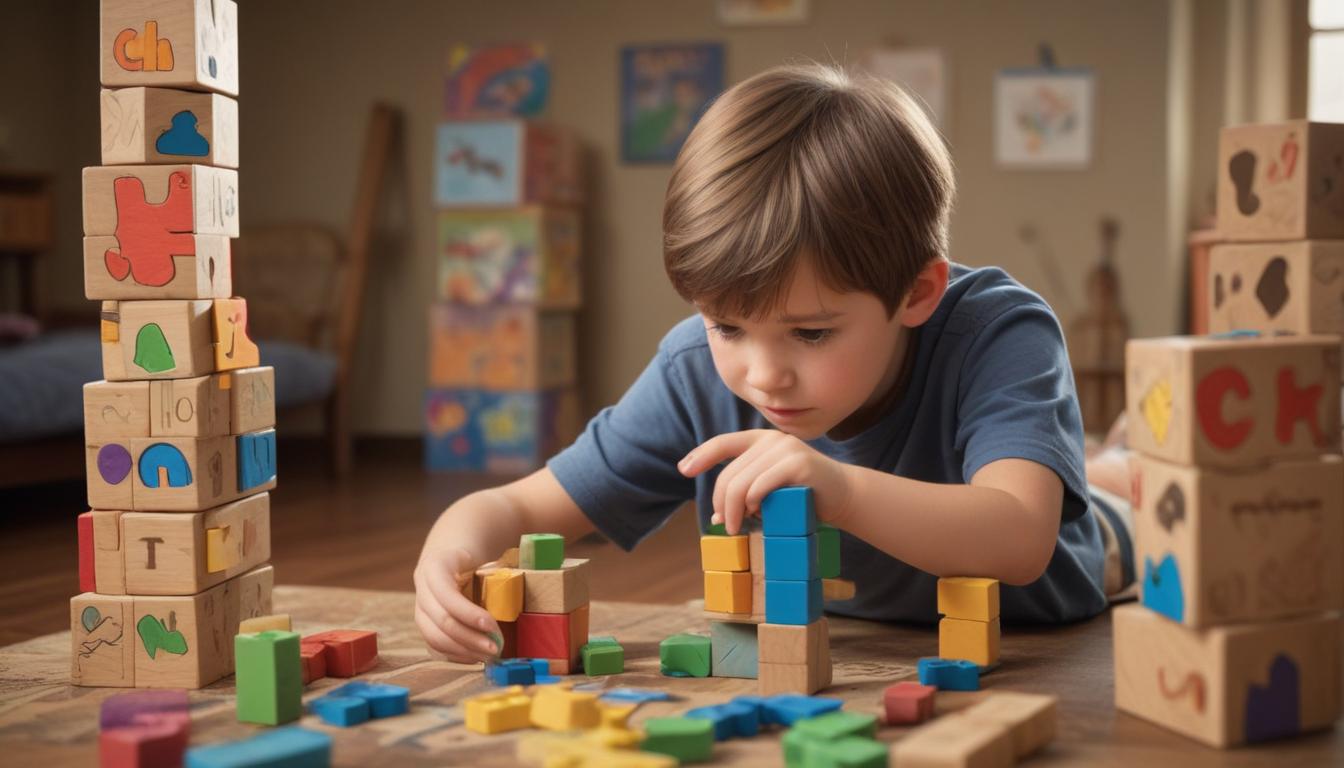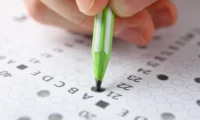Now Reading: The Brain-Building Power of Play
-
01
The Brain-Building Power of Play
The Brain-Building Power of Play

More Than Just Fun The Surprising Power of Play in Learning
Do you ever watch your child build a lopsided tower of blocks or get lost in a world of make-believe and feel a nagging sense of guilt? In a world obsessed with structured lessons, flashcards, and academic milestones, it’s easy to worry that play is simply a frivolous distraction from “real” learning. You might wonder if that time could be better spent on a worksheet or an educational app.
What if we told you that the opposite is true? That during those moments of seemingly aimless fun, your child is engaging in the most powerful and effective form of learning there is. Play is not the enemy of education; it is the very foundation upon which it is built. It’s time to shift our perspective and embrace play as the educational superpower it truly is.
What We Mean by Playful Learning
Playful learning isn’t just about letting a child run wild. It is a spectrum that ranges from completely free, child-led exploration to more structured, game-based activities. The key ingredient is engagement. When a learner is joyful, curious, and actively involved, their brain is primed for retaining information and building new connections. It’s the difference between passively hearing a fact and actively discovering it for yourself.
The Science Backed Benefits of Play
Decades of research in neuroscience, psychology, and education have confirmed what children have always known intuitively play is serious business. It is a full-body, full-mind activity that fuels development in every conceivable way.
Boosting Brainpower and Cognitive Skills
When a child builds with LEGOs, they aren’t just stacking bricks. They are experimenting with physics, spatial reasoning, and problem-solving. When they engage in pretend play, they are developing abstract thought, planning, and symbolic representation. Play builds a flexible, creative, and resilient mind. It teaches children to think critically, to test hypotheses, and to learn from failure in a low-stakes environment.
Growing Social and Emotional Intelligence
Sharing a toy, negotiating the rules of a game, or comforting a friend’s “sick” teddy bear are all profound lessons in social dynamics. Through play, children learn empathy, cooperation, conflict resolution, and self-regulation. They practice seeing the world from another’s perspective, an essential skill for building healthy relationships and becoming a compassionate member of society.

Expanding Language and Communication
From the babbling narration of a toddler playing with cars to the elaborate storytelling of older children creating a fantasy world, play is a rich breeding ground for language. It provides a meaningful context for new vocabulary, sentence structure, and conversational skills. Children learn to express their ideas, listen to others, and use language to shape their environment.
Refining Physical and Motor Skills
Running, jumping, and climbing during active play develops gross motor skills, coordination, and balance. More delicate activities like drawing, threading beads, or manipulating puzzle pieces build the fine motor skills essential for tasks like writing and using tools. This physical engagement also helps improve focus and release energy, making children more receptive to learning.
How to Weave More Play into Daily Learning
Integrating play doesn’t require expensive toys or complicated setups. It’s about adopting a playful mindset and seeing the learning opportunities that are all around us.
For Young Children Create an Invitation to Play
Keep it simple. A box of blocks, a set of nesting cups, or a bin filled with sand and scoops can provide hours of rich, developmental play. Let them lead the way. Instead of directing their play, observe what they are doing and ask open-ended questions like, “I wonder what would happen if…” or “Tell me about what you are building.”
For School Aged Kids Gamify the Experience
Turn learning into a game. Use board games to practice math skills, create a scavenger hunt to learn vocabulary words, or encourage them to write and perform a play about a historical event. When learning feels like a challenge or an adventure instead of a chore, engagement skyrockets.
For Everyone Rediscover the Joy of Hobbies
Play is not just for children. For adults and teens, play can take the form of hobbies, creative pursuits, sports, or learning a new skill just for the fun of it. This type of play reduces stress, boosts creativity, and keeps the brain sharp and adaptable, proving that we are all lifelong learners who benefit from a dose of fun.
Embrace the Power of Play
The next time you see a child deeply engrossed in play, resist the urge to interrupt with something you deem more “educational.” Take a moment to recognize that you are witnessing the most important work of childhood. You are seeing a brain being built, a personality being formed, and a love of learning being ignited. By valuing and making space for play, we give our children the greatest gift of all a joyful and powerful foundation for a lifetime of success.


































